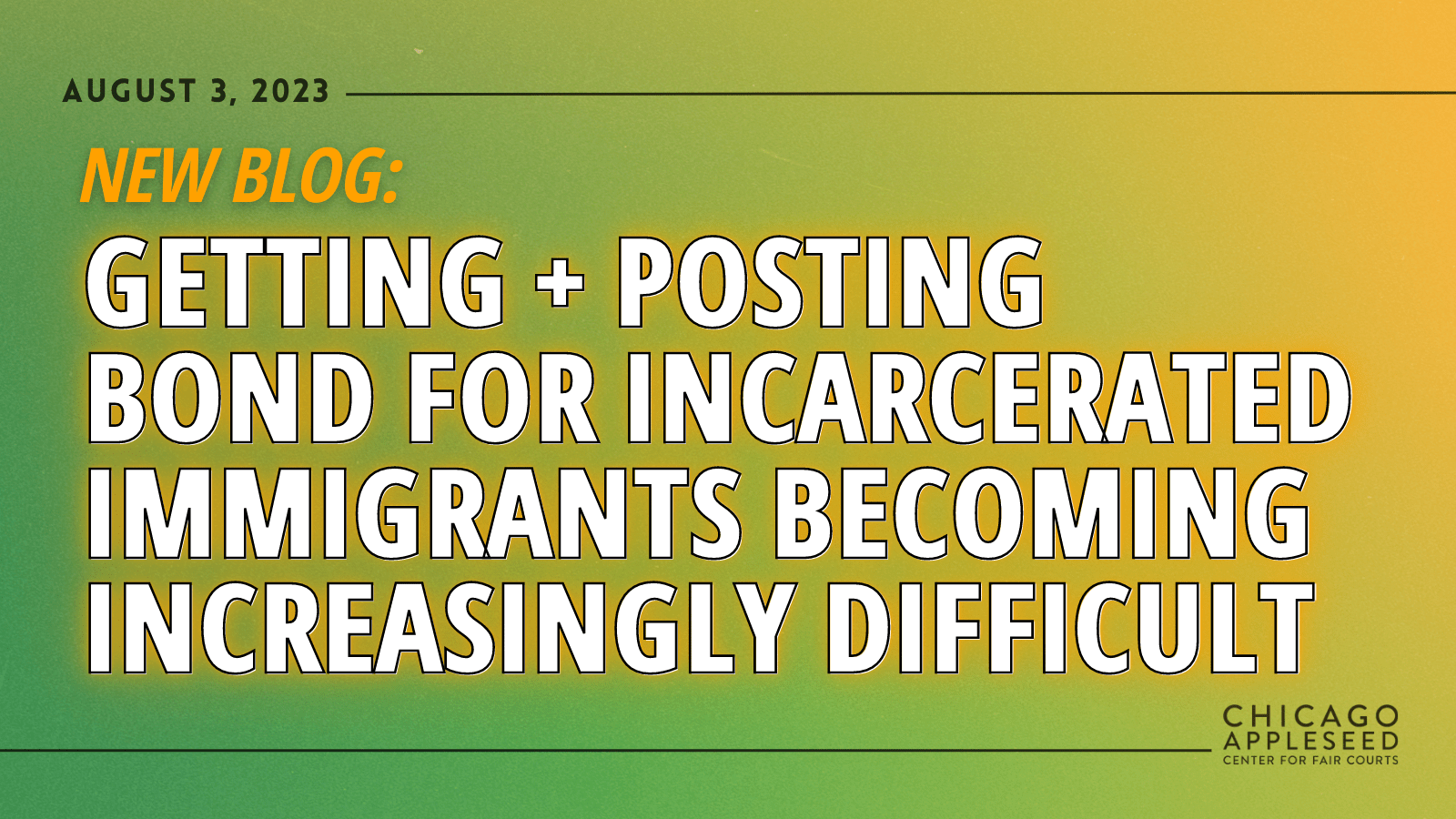Getting and Posting Bond for Incarcerated Immigrants Increasingly Difficult
The Transactional Records Access Clearinghouse published a new report last month analyzing the latest immigration court records including 19,000 bond hearings this year, showing how outcomes for incarcerated immigrants seeking release on bond varied widely between states.
Overall, the national average for bond grants dropped to just 31% in FY2023. The report shows that across the country, grant rates ranged “from a low of just three percent at the Northwest Detention Center in the state of Washington to 45 percent at the Krome North Special Processing Center in Florida.”
Two big factors influencing bond outcomes were nationality and attorney representation: “Immigrants from the Dominican Republic were granted bond just 16 percent of the time, while those from Turkey were successful 50 percent of the time. Immigrants were represented by an attorney in roughly six out of ten (59%) hearings. Nationwide bond grant rates without an attorney were just 14 percent, but increased three-fold to 42 percent with an attorney.“
Since President Biden took office, there has been a significant decline of bond grants from both the Obama and Trump administrations, down to just 31% from highs of 56% and 46% during the Obama and Trump administrations, respectively. The number of bond motions filed have also sharply dropped below levels from the preceding two decades.
Being granted bond is only the first hurdle a detained immigrant faces; having to actually post the bond adds another layer of inaccessibility. The median bond amount set by immigration judges this year was $7,000—up from $5,000 last year. Immigration court records don’t track if or when bond is posted and ICE’s policies for paying and processing bond are opaque, forcing advocates to bring a Freedom of Information Act (FOIA) suit last December seeking more information about the agency’s policies.
Chicago Appleseed Center for Fair Courts is in the process of updating our 2012 report concerning the immigration court system. In 2012, we found that immigrants were being denied due process and fair hearings, and anticipated a great case backlog that has since grown to over 2 million cases, with wait times for asylum seekers now over 4 years. Our updated report will highlight major changes from the last decade and make recommendations including around how to improve access to justice with the prevalence of web-based hearings, new prosecutorial and judicial discretion policies, judicial training, and more.
Using court-watching, interviews and surveys of practitioners and advocates, as well as background research and data, we hope to draw attention to the injustice of the bond process in immigration court. Check back here for updates.

